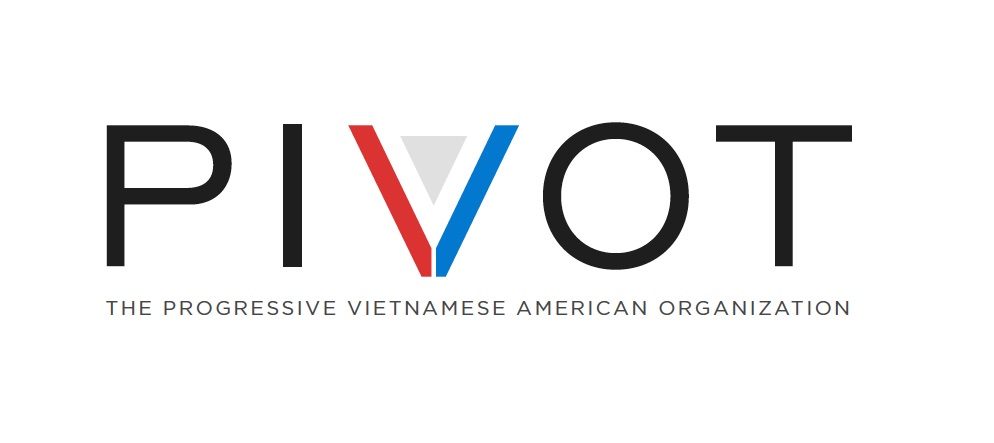Christine Ha is a Vietnamese American chef, writer, and television host. She is the first blind contestant on and season three winner of the competitive cooking television show, “MasterChef”.
PIVOT asked Ms. Ha to share some of her thoughts for Women's History Month.
PIVOT: Can you provide your thoughts on the Trump administration and how it affects you or your family?
MS. HA: I am for social justice, civil rights, and equality for all. America was founded on the basis of freedom, and freedom means different things to different people. To some, it means to be able to live any way they please, so long as it doesn’t harm others. To others, it means feeling safe at all times in one’s country. My hope is that my nation and its representatives strive to uphold the notions of freedom and equality.
PIVOT: How did being the daughter of immigrants affect who you are today?
MS. HA: It has taught me to be respectful of all cultures. I am just one single person on this very large planet with billions of other people, all unique yet equally human. I’ve learned to be more open-minded and to embrace cultural differences. There is no one right or wrong way to do things, but we should all try our best to understand and respect one another.
PIVOT: What is it like to be a Vietnamese American woman in your field? What are the advantages? What obstacles have you had to overcome?
MS. HA: In the U.S., the Vietnamese chef and the woman chef are still considered minorities. I believe this can be advantageous because I have a particular sensibility of a particular cuisine. However, women are still not always respected and treated as equals, not only in the kitchen, but in offices, schools, life. Also, it is still not a common career choice for an Asian-American to become a chef. It motivates me to keep doing what I’m doing so that I may be an example to Asian-American girls.
PIVOT: What advice do you have for minorities as we strive to become successful in your field?
MS. HA: It’s not an easy road, so you’ll have to work hard. You’ll have to exude grit. Remember that success, whatever may be your definition of it, is attained when you find the intersection of passion, talent, and opportunity. Yes, you’ll have to work hard, and yes, you should love what you do. But don’t discount luck and opportunity.





